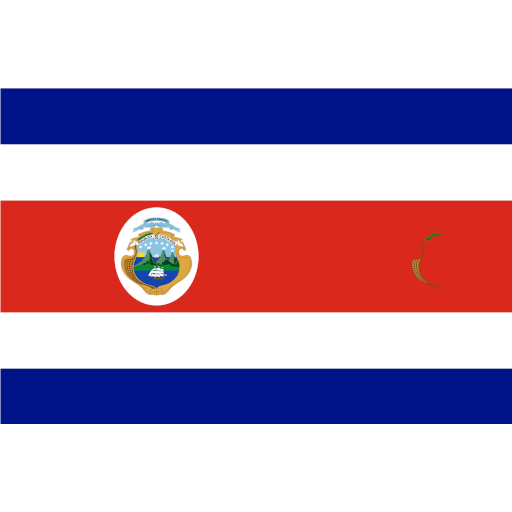1. Wage in Kind
¿ What is wage in kind?
Wage in kind refers to the compensation that a worker or their family receives in the form of goods or services, such as food, housing, or clothing, intended for their immediate personal consumption.
Key Issues:
(i) Remunerative Nature: For a benefit to be considered wage in kind, it must be remunerative, that is, compensation for work performed.
(ii) Valuation: If the value of wage in kind is not determined, it will be estimated to be equivalent to 50% of the monetary wage received by the employee.
(iii) Exclusions: Supplies that are undoubtedly free of charge provided by the employer to the worker will not be counted as wages in kind, and they cannot be deducted from monetary wages or considered when setting the minimum wage.
Importance:
(i) Proper Recordkeeping: It is essential that Human Resources and Payroll departments correctly record in-kind benefits, differentiating between those that constitute in-kind wages and those that do not.
(ii) Calculation of Benefits: In-kind salary must be considered when calculating employment benefits such as Christmas bonuses, vacation pay, and severance pay, provided they are remunerative.
(iii) Legal Compliance: Proper management of in-kind wages ensures compliance with labor regulations and avoids potential penalties.
Legal Reference:
• Costa Rican Labor Code, Article 166:
https://www.mtss.go.cr/elministerio/marco-legal/documentos/Codigo_Trabajo_RPL.pdf
2. Deductions allowed to the wage
The Labor Code limits the deductions that can be made from an employee's salary, clearly establishing which ones are permitted and under what conditions.
Only the Deductions are allowed by:
(ii) Mandatory contributions to the CCSS.
(iii) Contributions to solidarity associations, cooperatives, or other systems allowed by law.
(iii) Judicial withholdings such as alimony or garnishments.
(iv) The Ministry of Labor authorizes Fines or penalties.
(v) Other deductions are allowed with the express written authorization of the employee.
Importance:
(i) Guarantees compliance with labor regulations.
(ii) Avoid penalties during Ministry of Labor inspections.
(iii) Promotes a transparent relationship with employees.
Legal Reference:
Article 172 – Labor Code:
https://www.mtss.go.cr/elministerio/marco-legal/documentos/Codigo_Trabajo_RPL.pdf
The content of this bulletin is for informational purposes only, for which reason you may not use it under any circumstances for advisory services regarding the subject matter described therein. If you need advisory services for any of the issues discussed, our team of professionals will be happy to assist you. contacto@jadelrio.com



















